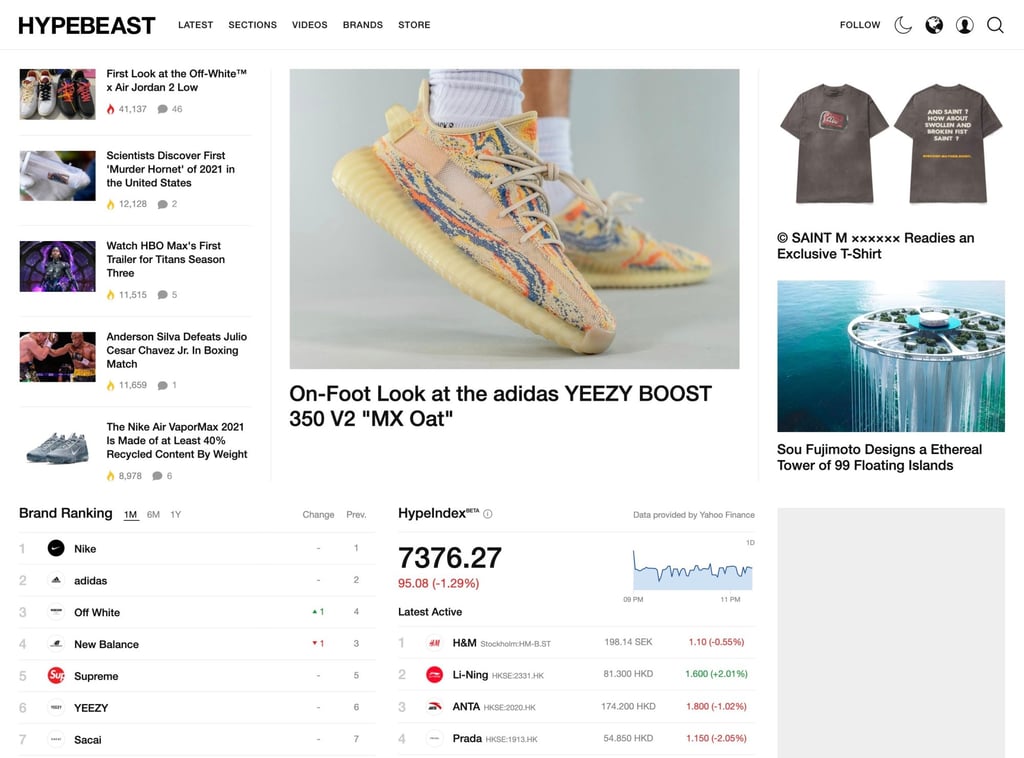Advertisement
Hypebeast founder Kevin Ma on golf – his latest passion – how the fun has been sucked out of sneaker collecting, and the secret to the streetwear company’s continued growth
- When Kevin Ma founded Hypebeast as a blog about sneakers, he never imagined it would expand to selling them and, these days, a whole heap of other stuff
- He talks about tempering creativity with common sense, building out from online to offline, and taking the Hype name into fields like art, coffee and golf
Reading Time:5 minutes
Why you can trust SCMP

These days Kevin Ma, the 38-year-old founder of Hypebeast – the company that, over the past 15 years, has come to define sneaker culture as we know it – is into golf (more on that later).
The story of how Ma started Hypebeast as a sneaker blog in 2005 from his bedroom in Vancouver, Canada, before moving to Hong Kong and turning it into a business with global reach, has become the stuff of legend in streetwear circles.
Back then, Ma, who studied economics in university and had a short stint working in banking in Hong Kong, had no idea that his passion would turn into a full-time job.
Advertisement
“I didn’t really have a plan in mind,” says Ma in a recent interview from New York, where he is overseeing the opening of Hypebeast’s first retail space in the city. “When we started the first blog and website it was based on my hobby, sneakers and then, because of my different interests, we started talking about different topics like fashion, culture, music, design ...”

Ma says that everything happened quite organically. When he and his team realised that readers checking out the new sneaker releases on the site were wondering where to purchase them, the company expanded to e-commerce.
Advertisement
That was the start of HBX, an online store that ships globally and carries labels ranging from luxury names such as Valentino and Sacai to sportswear brands like Nike and Adidas.
Advertisement
Select Voice
Choose your listening speed
Get through articles 2x faster
1.25x
250 WPM
Slow
Average
Fast
1.25x